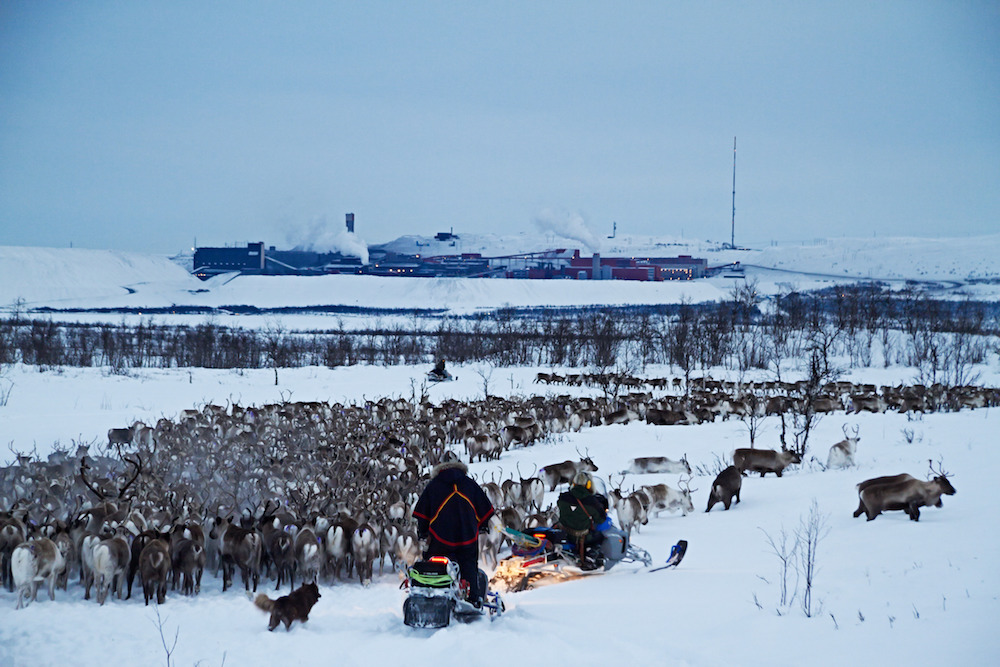Prioritize environment, local residents in new Arctic policy, Catholic organizations tell EU
The EU should value “safeguarding Creation and building a truly just and equitable social and economic order” in the Arctic, the groups said.

The European Union should take a strong stance to protect the environment and social structures in the Arctic in the face of growing commercial and political interest in the region, two leading European Catholic groups say.
“The EU has a natural role and a responsibility to ensure a sustainable and peaceful Arctic that puts its people in the focus,” the Commission of Bishops’ Conferences of the European Union (COMECE) and the Conference of European Justice and Peace Commissions, both Brussels-based lobby groups, said in their contribution to the European Union’s Arctic policy review.
The public consultation period for the review began on July 21 and closed on November 6. The European Commission, the EU’s executive branch, will use the submissions to assess what changes it should make to its Arctic policy.
The two groups said their motivation for contributing to the public consultation was to encourage the EU to take responsibility for “safeguarding Creation and building a truly just and equitable social and economic order” in the region.
[An updated EU Arctic policy is expected next year]
This, they believe, could accomplished by requiring businesses to act responsibly and by taking a “science-informed” approach to decision-making that took into account the interests and the experiences of Arctic Indigenous groups.
The groups highlighted the EU’s participation in negotiations to temporarily ban fishing in the central part of the Arctic Ocean as one of its biggest achievements in the region, and suggested that other multilateral agreements, including an impending ban on the most polluting forms of maritime fuel, required the backing of the EU.
“In order to address the risk of a fragmentation of the region, the EU should promote new inclusive ways of multilateral engagement with all regional and local actors, including indigenous communities,” their submission said.
[For the EU’s new Arctic envoy, low tension is job No. 1]
Currently, responsibility for Arctic policy falls to its maritime affairs commissioner — a rank and file member of the 27-member commission — but, given the number of different policy areas affecting the Arctic, the two groups propose that EU activities in the region be co-ordinated by a vice-president. There are currently five vice-presidents coordinating issues such employment issues, justice issues and the digital economy.
In addition to calling for the EU to make the Arctic a priority, the two groups called on Brussels to incorporate its current objectives in the region — addressing climate change, safeguarding the environment and promoting sustainable development and international cooperation — into all areas of EU action.